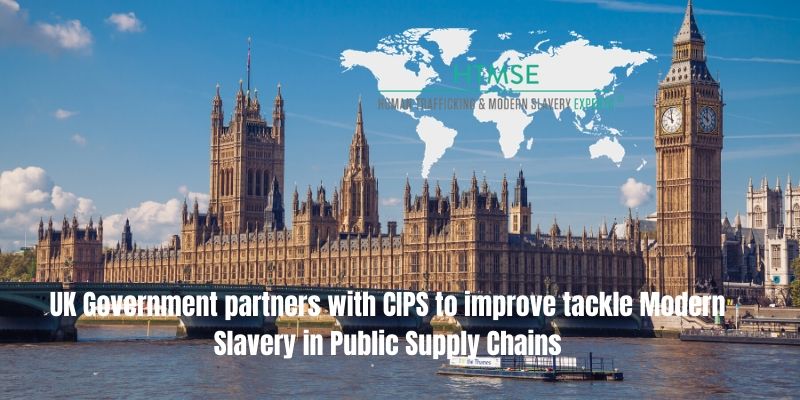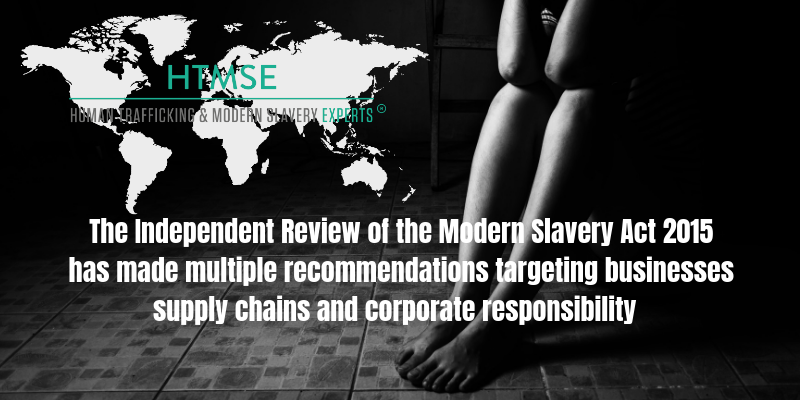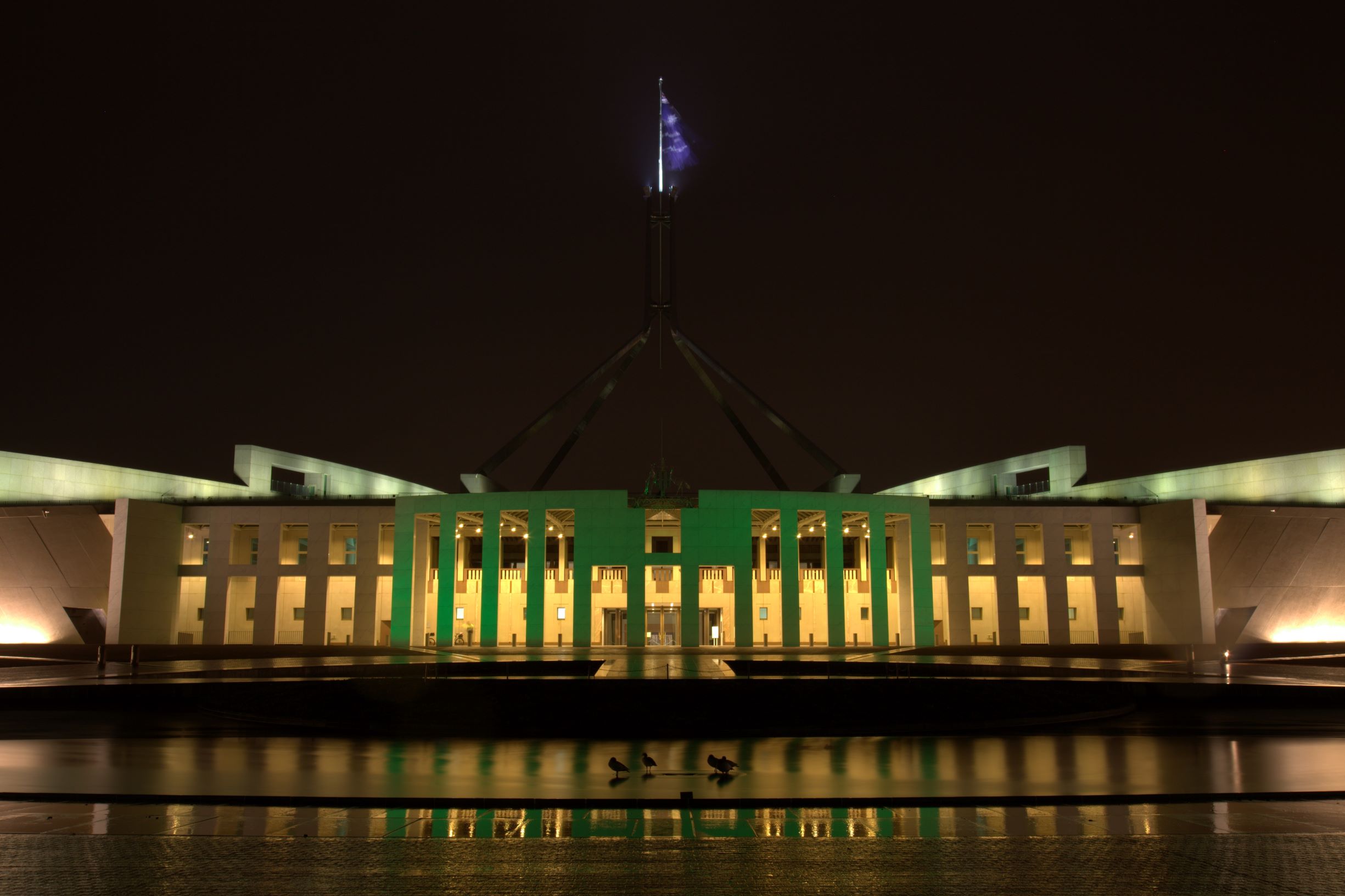The Home Office has this week published statutory guidance under section 49(1) of the Modern Slavery Act 2015. The guidance covers indicators of trafficking, support, and the decision making process. The statutory guidance will replace a number of existing documents, namely:
- Guidance: Duty to Notify the Home Office of potential victim of modern slavery
- Victims of modern slavery: frontline staff guidance
- Victims of modern slavery: competent authority guidance
- Multi-Agency Assurance Panels Guidance
The guidance also provides clear and practical explanations on the fundamental definitions of human trafficking and modern slavery under the Modern Slavery Act 2015, providing examples of actions, means employed by offenders, and different forms of exploitation victims may be subjected to, whilst also including a section dispelling commonly held myths about human trafficking and modern slavery; for example, for human trafficking to occur an international border must be crossed. The guidance also provides important information on the distinction between human trafficking and human smuggling (also termed ‘people smuggling), listing a range of factors that might be used to identify the distinctions. More complex cases, surrounding issues such as forced marriages, potential ‘sham’ marriages, and illegal adoption are discussed in the guidance, which indicates how these issues may relate to human trafficking and modern slavery, but also how they may operate as distinct and independent offences.
A link to the full guidance can be found here.



